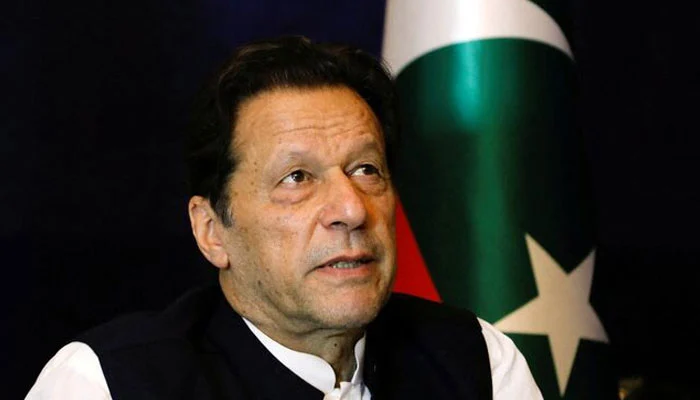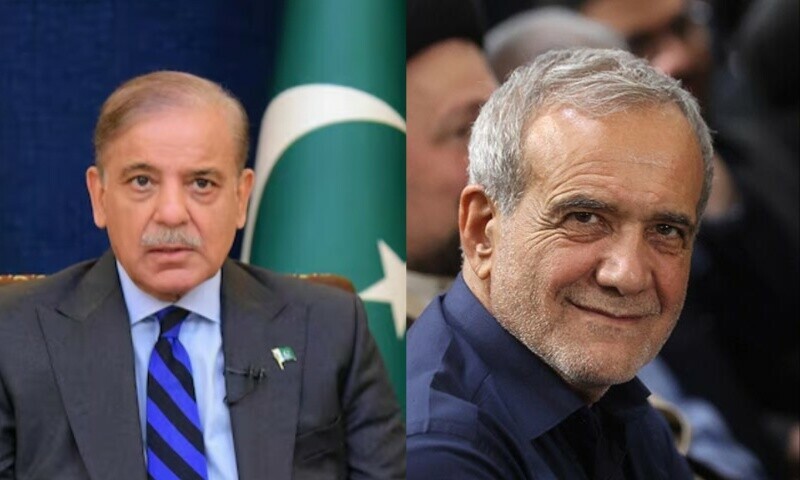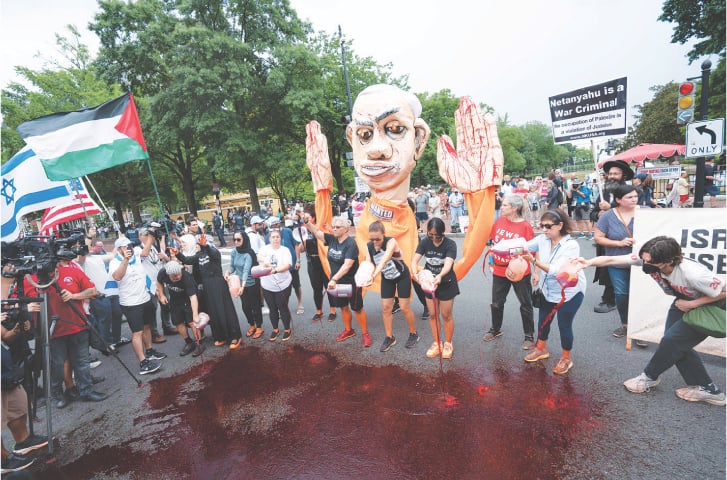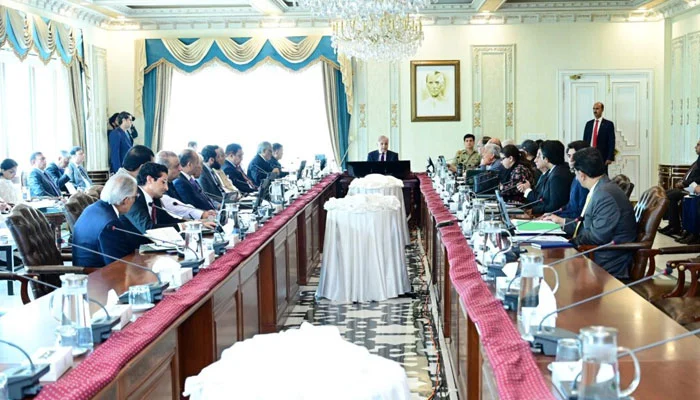
The PM will discuss securing energy supplies from the region, saying the world needed to “wean itself off” Russian oil and gas.
But Mr Johnson faced criticism for going on the trip due to the Saudi government’s human rights record.
On Saturday, they carried out a mass execution of 81 men in one day.
A number of MPs called on the PM to cancel his visit.
But Mr Johnson said if the West was going to “avoid being blackmailed” by Russia’s President Vladimir Putin, it needed to move away from using his country’s hydrocarbons and explore other partnerships.
Shadow climate and net zero secretary, Ed Miliband, said it was “a sign of our vulnerability and energy insecurity as a country” that the PM “felt it necessary to go to Saudi Arabia” in spite of human rights issues.
He added: “Once again it demonstrates that the best solution to the energy crisis we face is a green energy sprint at home so once and for all we end our dependence on fossil fuels.”
Mr Johnson landed in the United Arab Emirates on Wednesday morning.
He was met by British Ambassador to the UAE Patrick Moody at Abu Dhabi airport where he was guided through a guard of honour.
His first meeting will be with Crown Prince Mohammed bin Zayed in Abu Dhabi, before he travels to the Saudi capital, Riyadh, to meet Crown Prince Mohammed bin Salman.
No 10 said discussions would focus on “efforts to improve energy security and reduce volatility in energy and food prices”, including the potential to agree increased oil supplies from the country to the UK.
Speaking ahead of the visit, the PM said: “The brutal and unprovoked assault President Putin has unleashed on Ukraine will have far-reaching consequences for the world, well beyond Europe’s borders.
“The UK is building an international coalition to deal with the new reality we face. The world must wean itself off Russian hydrocarbons and starve Putin’s addiction to oil and gas.
“Saudi Arabia and the United Arab Emirates are key international partners in that effort. We will work with them to ensure regional security, support the humanitarian relief effort and stabilise global energy markets for the longer term.”
Downing Street said Mr Johnson would also discuss “shared strategic priorities with the leaders of the UAE and Saudi Arabia”, including the situation in Iran and Yemen, trade and human rights.
Opposition parties and some Conservatives too are uneasy about the government’s association with Saudi Arabia – and have been for years.
That’s more acute after dozens of executions there a few days ago.
Labour leader Sir Keir Starmer said going cap in hand from dictator to dictator is no substitute for an energy strategy.
But for the government, handling the fallout of the conflict in Ukraine means what are described as “hard-headed” decisions, even if it’s “distasteful”.
With huge diplomatic and economic forces at play, there are no straightforward options.
Disentangling Russia’s economy from the West’s may seem a diplomatic no-brainer, but the cost and complications of doing so simply can’t be ignored.






